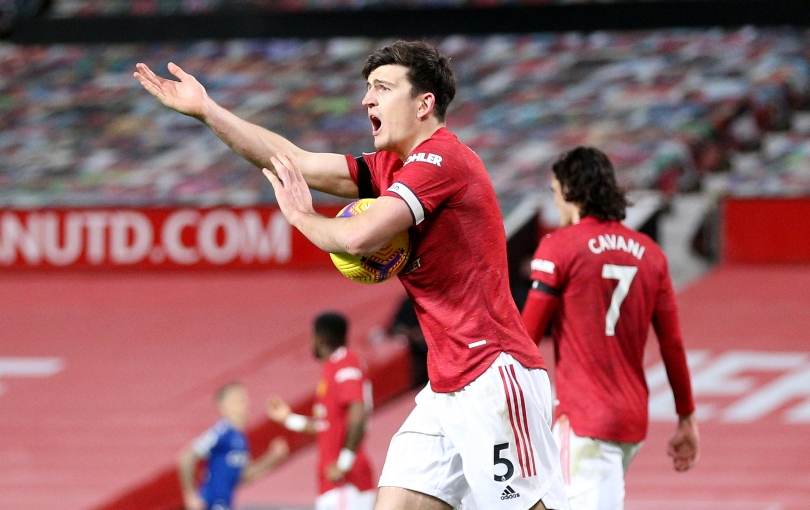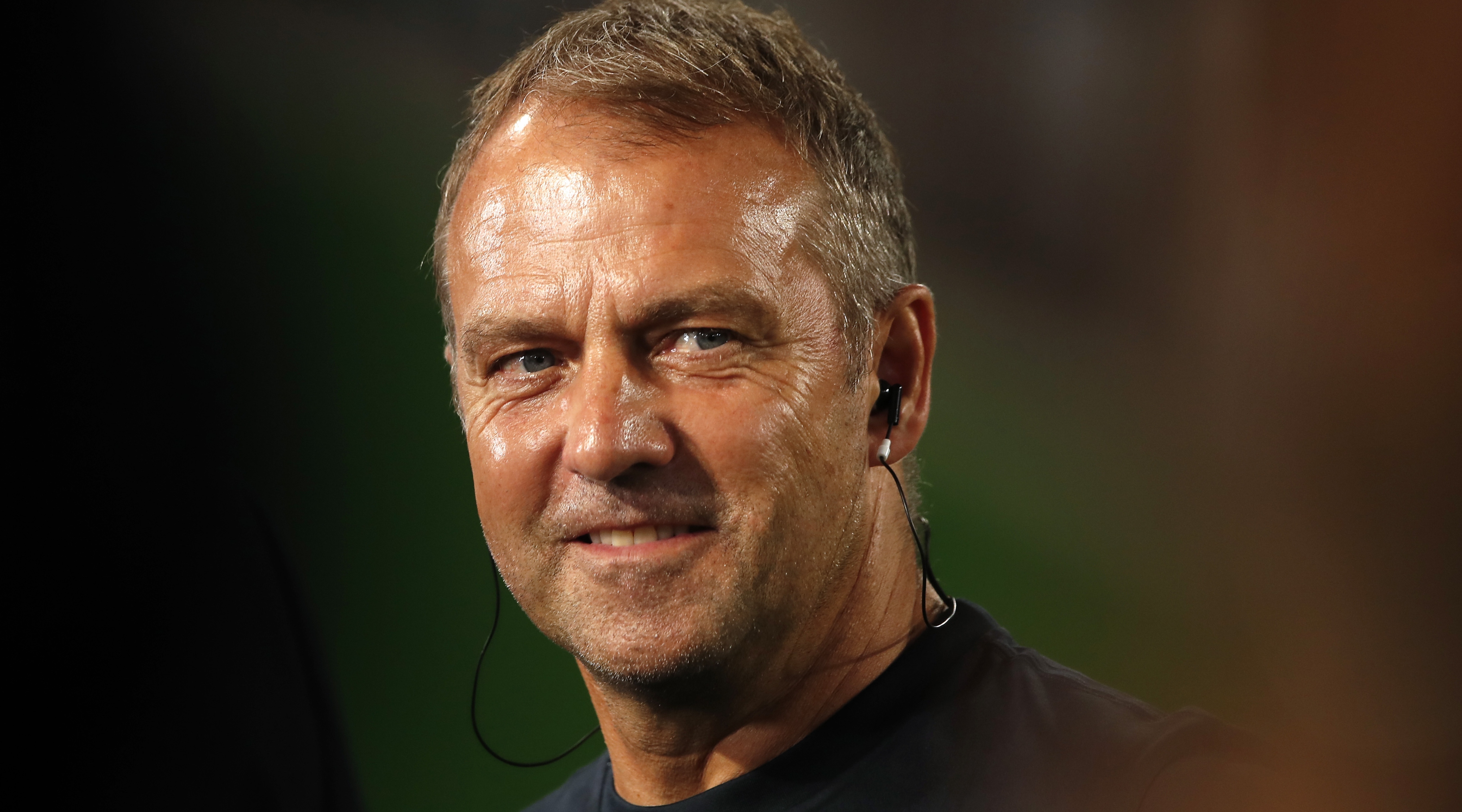What is the handball law in the Premier League this season?
Last season’s interpretation caused some confusion, so clarifications have been made ahead of the new campaign

Beyond the simple premise that outfield players aren’t allowed to handle the ball, the application of the law is often heavily disputed.
Other than punishing any instance of the ball touching an outfield player’s hand, regardless of intent, there will always be a large subjective element to the referee’s decision.
Two laws have been revised by the International Football Association Board (IFAB), changing how handball is interpreted by officials.
The first change concerns the interpretation of a player's intent and what constitutes a deliberate act of handball.
Referees will be looking for a deliberate action by the player, with a focus on whether the hand or arm is in a natural position or not.
But the player's proximity to where the ball was struck will still be an important consideration for officials when making their decision.
The second change concerns accidental handball in the build-up to a goal.
The best features, fun and footballing quizzes, straight to your inbox every week.
If an attacking player accidentally handles the ball before another player scores, the goal will now be awarded.
But any player who accidentally handles the ball immediately before scoring themselves will continue to be penalised.
It's important to note that a player still can't score a goal with their arm, even if it's accidental.
The use of VAR in the Premier League saw several handball incidents picked up last season that would otherwise have gone unnoticed.
One of the most controversial came at Selhurst Park as Crystal Palace faced Everton in late September.
A sweeping pass into the box was headed down by Lucas Digne, striking Joel Ward on the hand a metre or so away.
Nothing was given by referee Kevin Friend, but the video assistant referee asked him to view the pitch-side monitor and he awarded a penalty, which was scored by Richarlison.
That week, the interpretation of the handball law changed to factor in a player’s ‘expected’ arm position and their ability to react.
FourFourTwo was launched in 1994 on the back of a World Cup that England hadn’t even qualified for. It was an act of madness… but it somehow worked out. Our mission is to offer our intelligent, international audience access to the game’s biggest names, insightful analysis... and a bit of a giggle. We unashamedly love this game and we hope that our coverage reflects that.
 Join The Club
Join The Club






